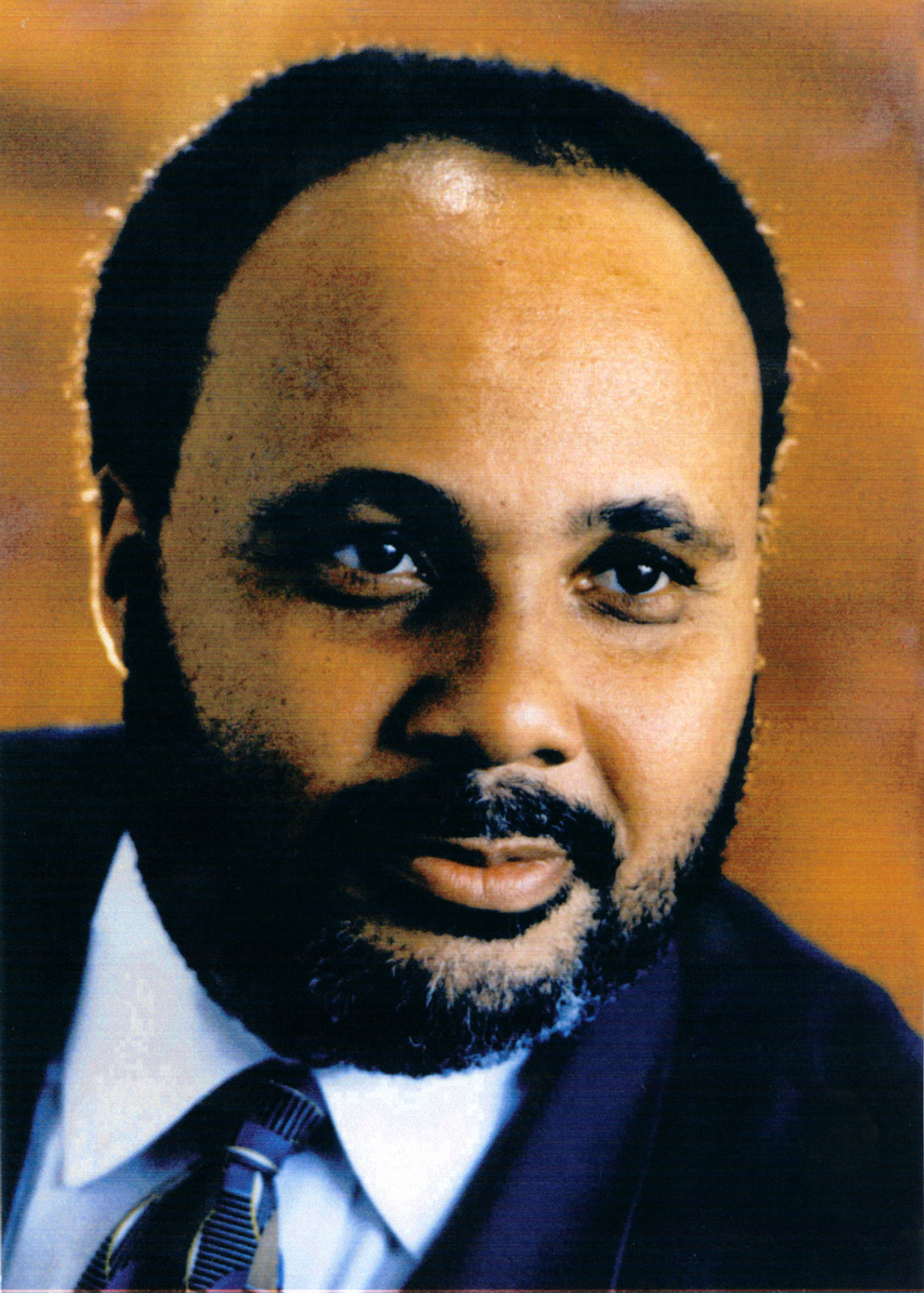Contact: Maridith Geuder

Martin Luther King III
The son and namesake of slain civil rights leader Martin Luther King Jr. will speak Feb. 9 at Mississippi State University.
Martin Luther King III is president and chief executive officer of the Atlanta-based King Center. His 7 p.m. public presentation in the Colvard Union ballroom is being sponsored during Black History Month by the university's Holmes Cultural Diversity Center.
"He is a dynamic, compelling speaker who will bring a timely message to our students," said Holmes Center director Aretha Jones-Cook. "The support at MSU has been tremendous."
More than 650,000 visitors from throughout the world annually visit the King Center, a part of the King National Historic Site. Established by his widow Coretta in 1968, it is devoted to advancing the legacy of Martin Luther King Jr. for the nonviolent support of justice, equality and peace. In addition to illustrating the many facets of King's life and teachings, the complex features his final resting place, as well as his birth home, a library and other facilities.
The Holmes Center is a unit of the Division of Student Affairs, another sponsor of King's visit. Others include offices of the Provost and Vice President for Academic Affairs, Research, External Affairs, University Honors Program, and College of Arts and Sciences.
MLK III was born in Montgomery, Ala., in 1957, the year his father founded the Southern Christian Leadership Conference. The younger King is a recognized motivational speaker who continues to articulate his father's message of hope and civility. In addition to the United States, his missions have taken him to numerous nations in Africa, Asia and Europe.
Among issues he has addressed through the public forum of the King Center are the moral and political dilemmas in Haiti, Nigeria and Sierra Leone; the "digital divide" separating the poor from the more affluent; racial profiling; and discrimination against those living with AIDS.
The younger King was among leaders who worked to reach a compromise in his home state of Georgia to change the state flag that bore symbols many found offensive and divisive.
"I expect Mr. King to address issues of national importance," Jones-Cook said. "Whatever the topic, he will give audiences a good understanding of African-American culture and leave them both motivated and encouraged."
Martin Luther King Jr. was assassinated April 4, 1968, in Memphis, Tenn., where he had gone to support striking sanitation workers. His civil rights career gained national prominence with the Montgomery, Ala., bus boycotts of 1956 and continued through landmark civil rights legislation passed by Congress in 1964 and subsequent struggles to implement desegregation in much of the nation.
For more information on King's visit, contact the Holmes Cultural Diversity Center at (662) 325-2033 or ajones@holmes.saffairs.msstate.edu.
NEWS EDITORS/DIRECTORS: A media availability time with Mr. King is scheduled noon-12:30 p.m. at the Leo Seal M-Club at Davis Wade Stadium. Because of a subsequent luncheon with MSU student leaders, he will need to depart promptly at 12:30. For more on the media availability, telephone Maridith Geuder at 325-3442.